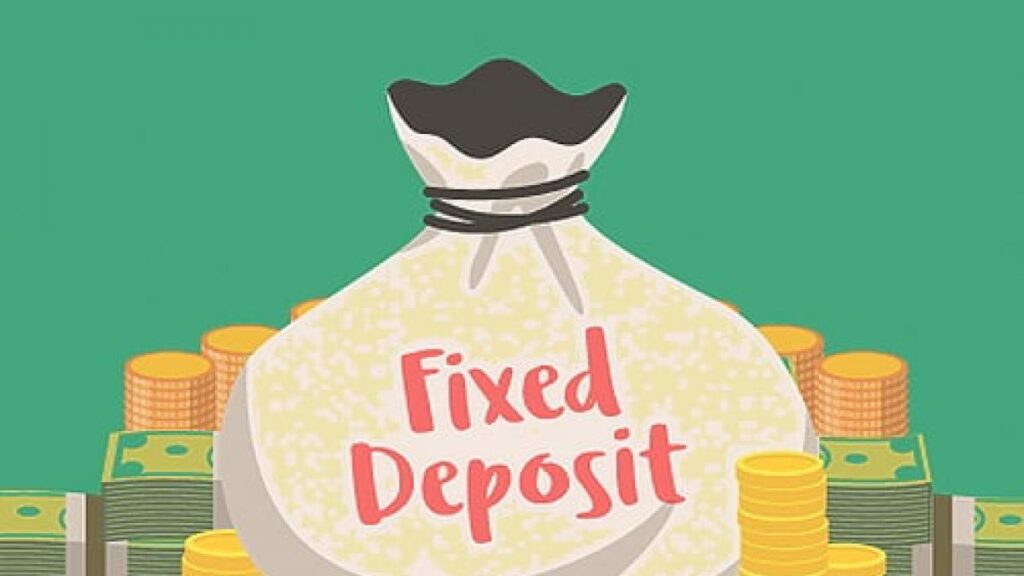Fixed deposits (FDs) are a popular investment option among risk-averse investors. FDs provide a guaranteed return on investment and are relatively safe compared to other investment options. However, there are some important things that you should know before investing in fixed deposits. In this blog, we will discuss these key factors to consider when investing in FDs.
Interest Rates
Interest rates offered on FDs are one of the most important factors to consider when investing in fixed deposits. The interest rate on FDs varies from bank to bank, and it is important to compare the rates offered by different banks before investing. Generally, the interest rates offered by banks are higher for longer-term deposits.

Tenure
FDs come with a fixed tenure, which can range from 7 days to 10 years. It is important to choose a tenure that suits your investment goals. If you need the money in the short term, opt for a shorter tenure. However, if you want to earn a higher return, you should choose a longer tenure.
Minimum Deposit Amount
Most banks have a minimum deposit amount for FDs. The minimum deposit amount can vary from bank to bank and can be as low as Rs. 5000. It is important to ensure that you have the required minimum amount to open an FD.
Premature Withdrawal Penalty
FDs come with a premature withdrawal penalty, which means that if you withdraw your FD before its maturity date, you will have to pay a penalty. The penalty amount varies from bank to bank and can be a percentage of the interest earned or a fixed amount. It is important to understand the premature withdrawal penalty before investing in FDs.
Taxation
The interest earned on FDs is taxable as per the income tax laws. The tax rate varies depending on your income slab. You should factor in the tax implications while calculating the returns on your FD investment.
FD Insurance
The Deposit Insurance and Credit Guarantee Corporation (DICGC) provides insurance cover of up to Rs. 5 lakhs per depositor per bank. This means that in case the bank goes bankrupt or is liquidated, the depositors will be paid up to Rs. 5 lakhs per depositor per bank. It is important to check if the bank you are investing in is covered under DICGC insurance.
Auto Renewal
Most banks offer auto-renewal of FDs. This means that if you do not withdraw your FD after maturity, it will be automatically renewed for the same tenure. However, the interest rate offered on auto-renewed FDs may be different from the rate offered on fresh deposits. It is important to understand the terms and conditions of auto-renewal before investing in FDs.
In conclusion, FDs are a safe investment option for risk-averse investors. However, it is important to understand the key factors mentioned above before investing in FDs. It is advisable to compare the interest rates offered by different banks, choose a tenure that suits your investment goals, factor in the tax implications, and check for FD insurance before investing in FDs.






